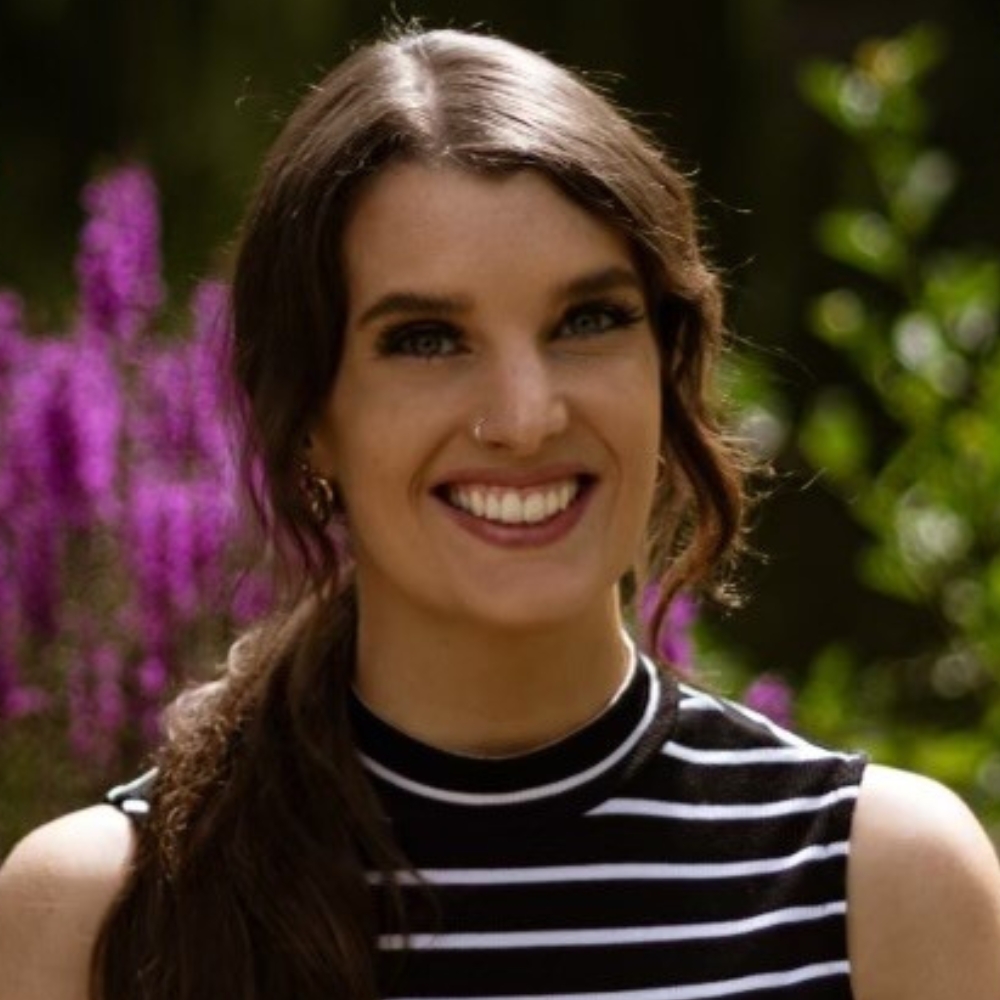Postgraduate Research

Completing your PhD with the Centre for Criminology
The Centre for Criminology is dedicated to supporting and guiding our PhD students throughout their academic journey. Our committed team regularly meet with students, providing supervision, support, guidance and valuable feedback on their work.
As part of our commitment to fostering an enriching academic environment, the Centre for Criminology arranges frequent seminars featuring esteemed external speakers. These seminars present excellent opportunities for Postgraduate Research (PGR) students to establish connections within the academic community and stay updated on the latest groundbreaking research in the field.
Our members are experts in various areas of criminology, ensuring a diverse range of research and expertise. Some of the topics our team covers include criminological theory, punishment and penalty, criminal justice, comparative criminal justice, media and criminal justice, crime and gender, domestic abuse, policing, police ethics, data-driven policing, surveillance, victimology, organised crime, human trafficking, mafia studies, state crime and power, control and the city, urban disorder, military studies, corruption, green criminology, environmental crime, illegal drug use, and social movements.
We pride ourselves on offering a supportive and intellectually stimulating environment for our PhD students, equipping them with the necessary tools and knowledge to excel in their research endeavors.
Our research supervisors
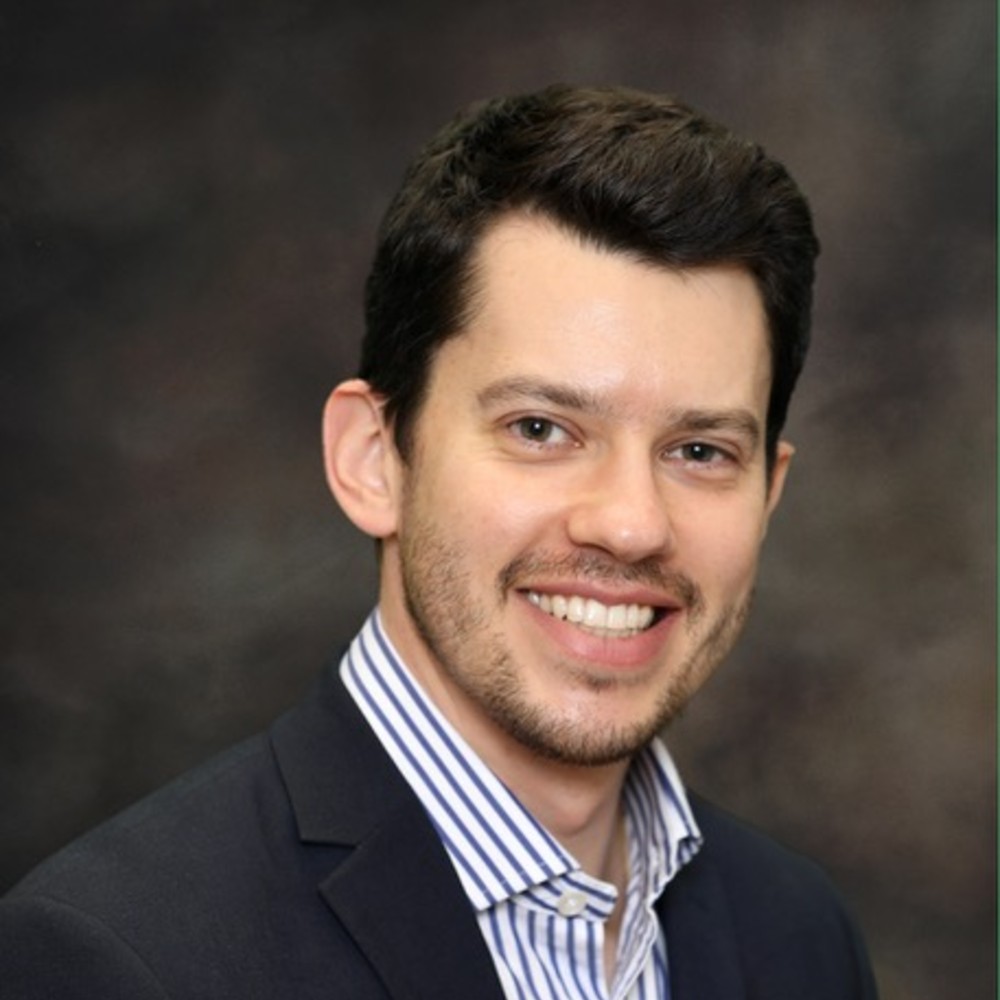
Lecturer
Department of Sociology and Criminology, University of EssexAreas of supervision: Armed Forces and Society; Criminal Policy; Cybersecurity and cyber defence; Policing; Security Governance; States and Organized Crime; and Corruption
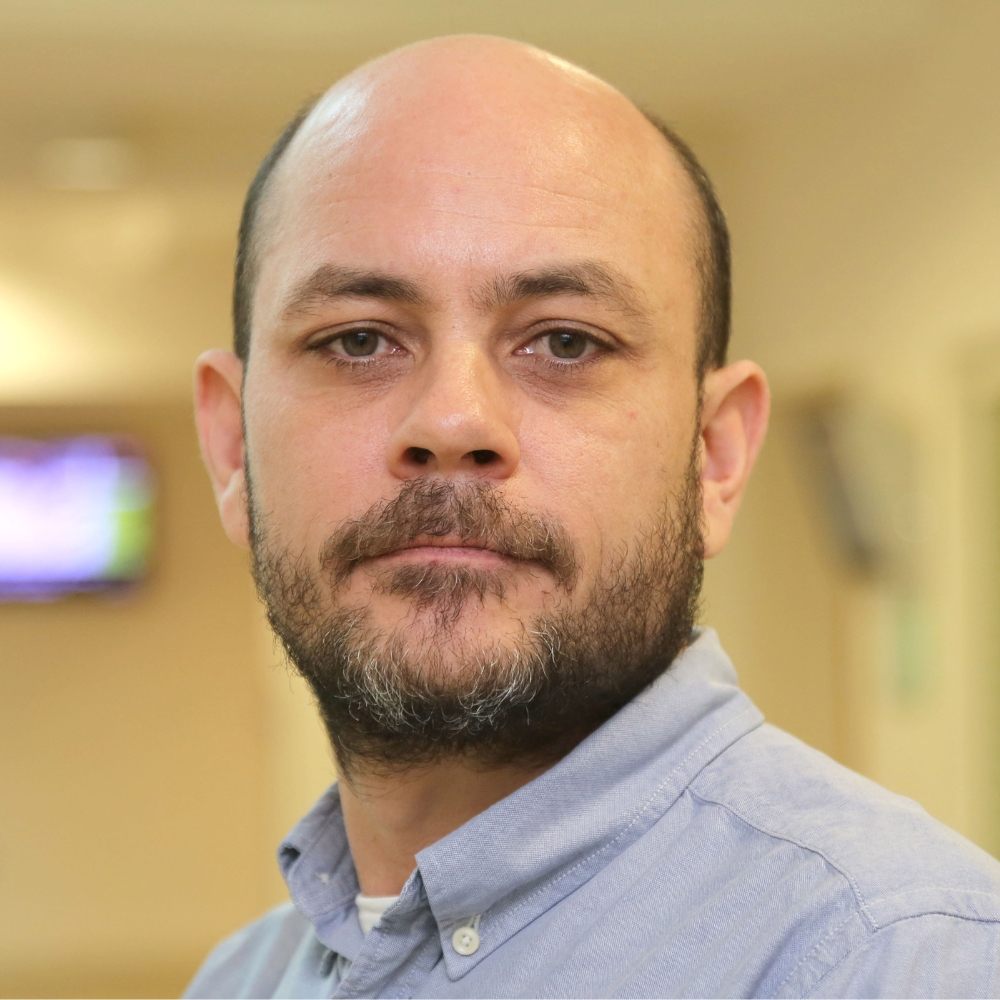
Senior Lecturer
Department of Sociology and Criminology, University of EssexAreas of supervision: Social class and stratification; economic sociology; migration, globalisation and governance; globalisation and policing; policing terrorism; the criminal justice system; and social policy
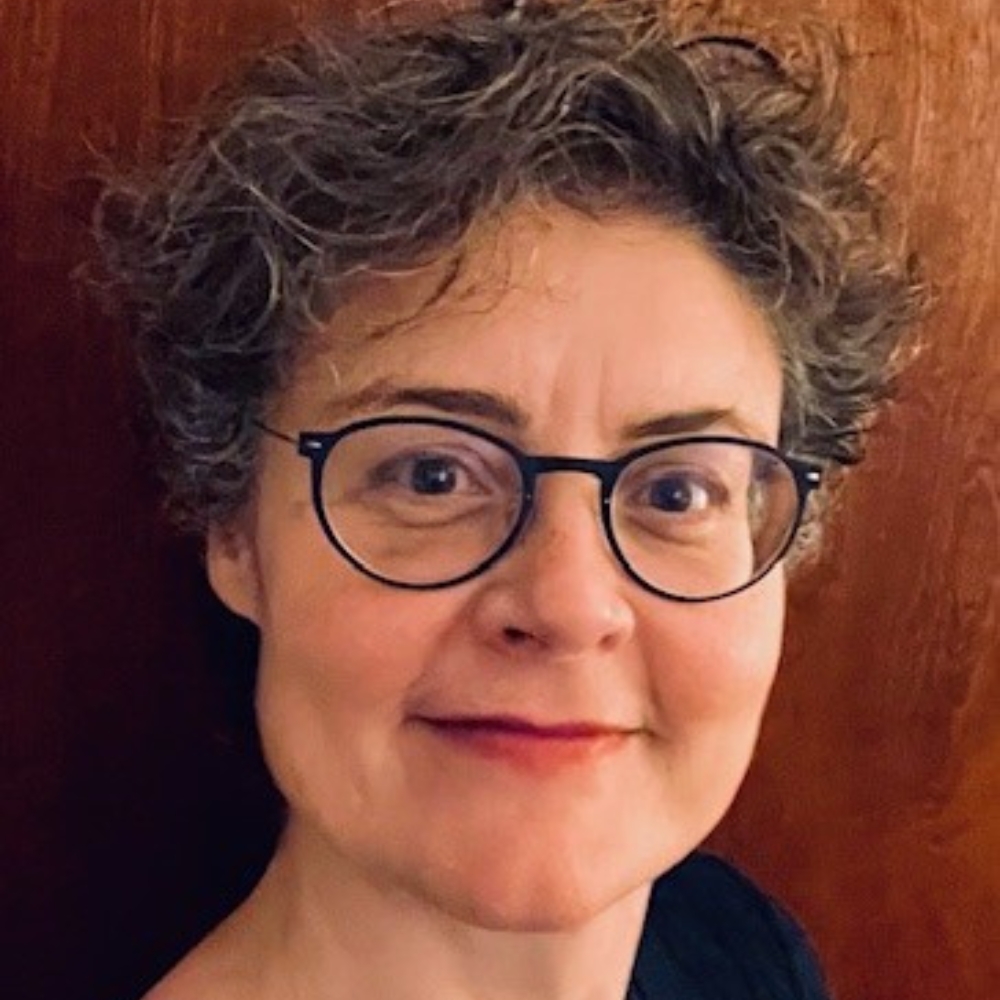
Reader
Department of Sociology and Criminology, University of EssexAreas of supervision: Gender and sexuality; Sex work and sex industry studies; The intersection of sexual and economic citizenship; Fiscal sociology and critical taxation studies
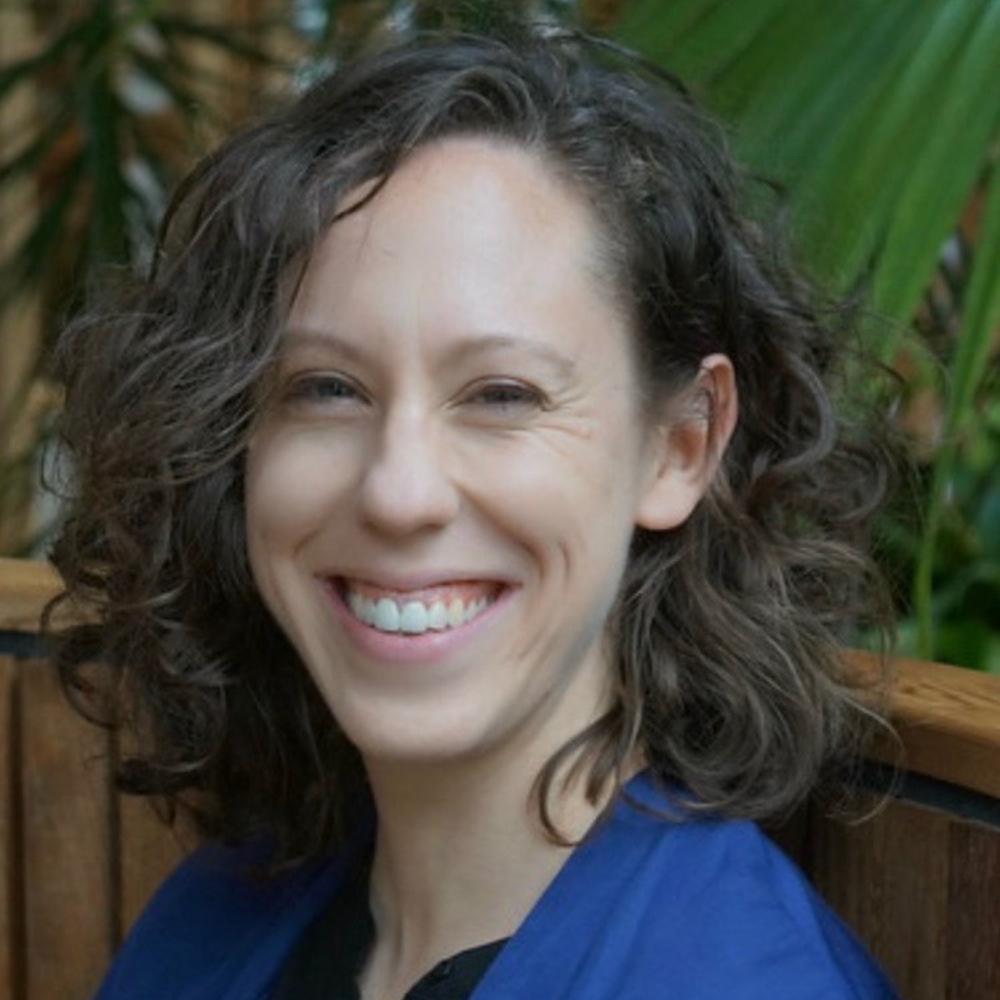
Lecturer
Department of Sociology and Criminology, University of Essex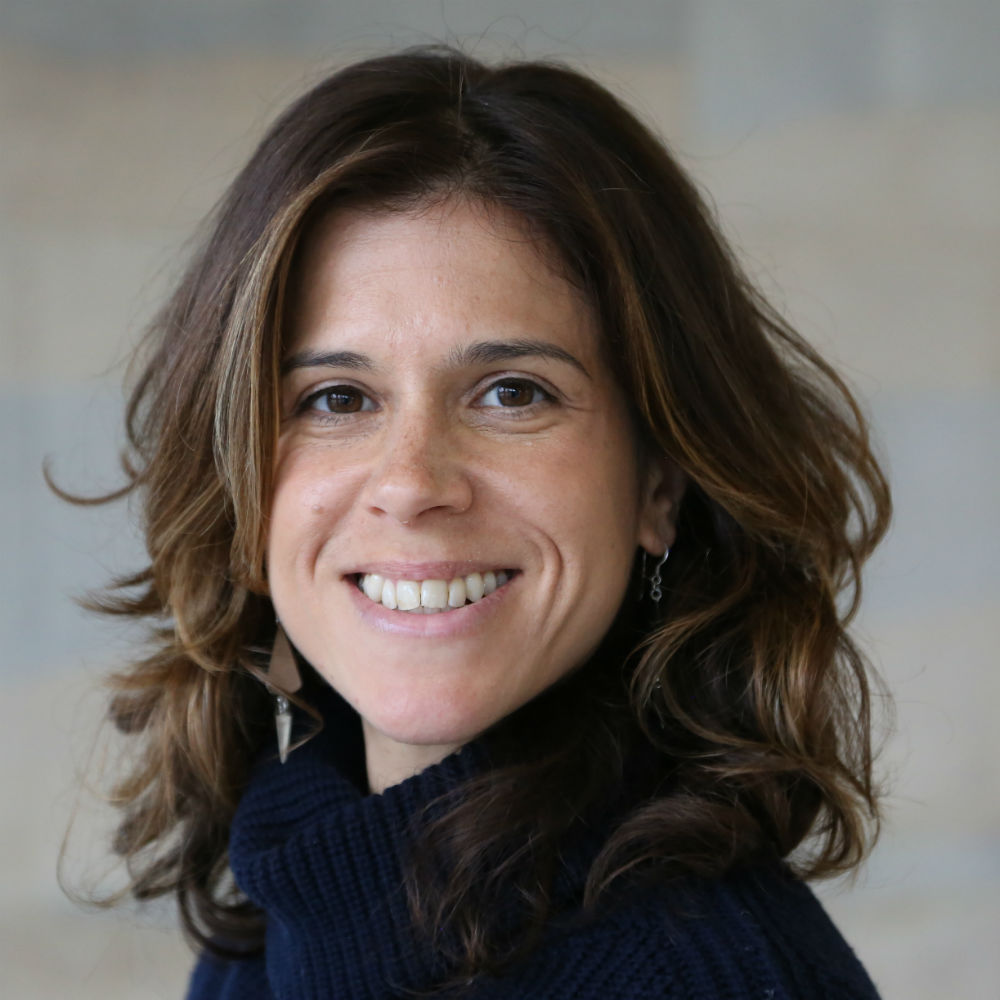
Senior Lecturer
Department of Sociology and Criminology, University of EssexAreas of supervision: Domestic abuse

Lecturer
Department of Sociology and Criminology, University of EssexAreas of supervision: Experimental Sociology; Climate Change; Social Cohesion; Social Networks; Quantitative Methods; Trust; and Refugees, Asylum Seekers, and Migration
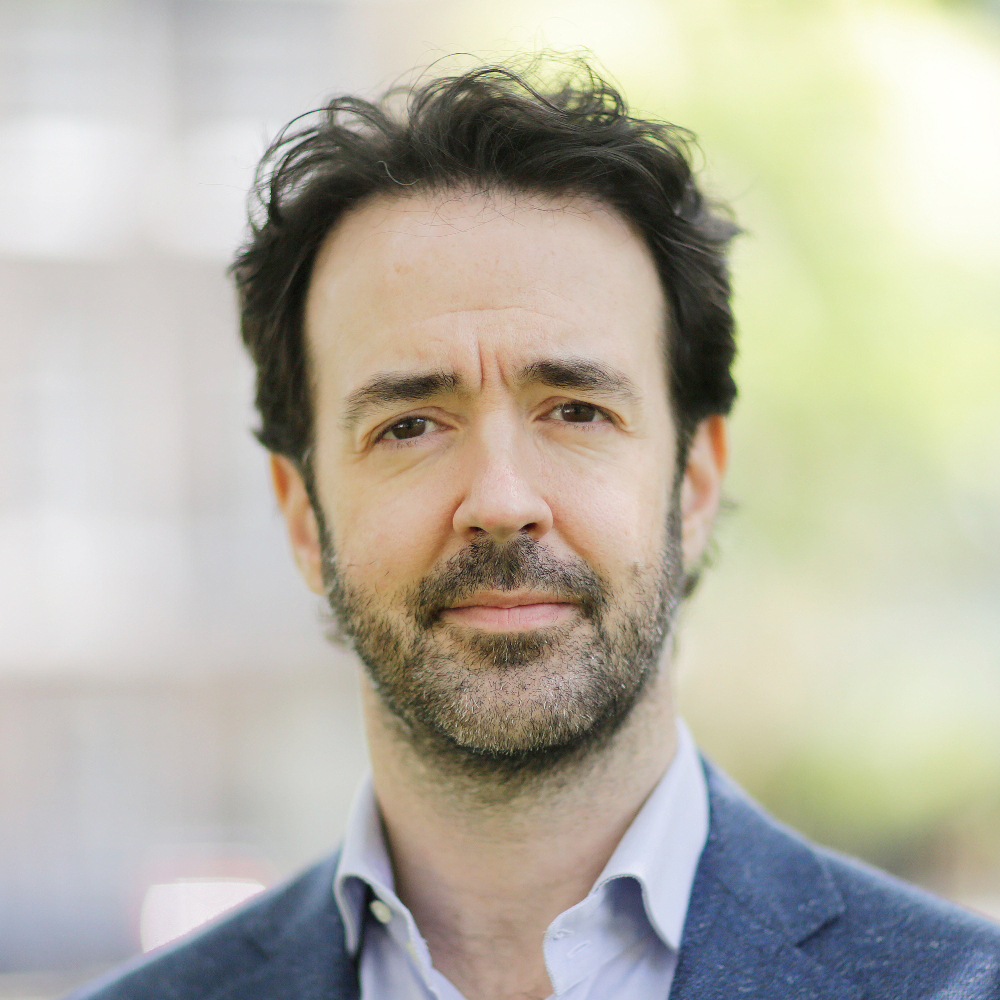
Pro-Vice Chancellor Research and Professor
Department of Sociology and Criminology, University of EssexAreas of supervision: Trial by Media, Scandal, Serious Youth, Violence, Victimology, and Celebrity

Professor
Department of Sociology and Criminology, University of EssexAreas of supervision: Crime and the Media; Cultural and Social Geography; Popular Music and Sociological Thinking; Punishment and Human Rights; Sociology of Imprisonment; Visual Sociology; and Youth Culture
Past Postgraduate Research Project
Over the years our students have researched many different themes and topics alongside the Centre, below are a selection of them:
Projects include:
- Organised Food Crime? Analysing Harmful and Criminal Activities in the Food Supply Chain in England and in Italy
- Resisting State Surveillance in the Digital Age: Precarious Coalitions, Contested Knowledge and Diverse Opposition to Mass-Surveillance and the UK's Investigatory Powers Act
- What Police Do? What Victims Need? a Qualitative Analysis of the Police Response to Domestic Violence (In Essex)
- Partnership and Power: Domestic Violence, the Women's Sector, and the Criminal Justice System
- Island of Solace or Gateway to Servitude? The Relationship Between European and Maltese Immigration Policy and the Human Trafficking of African Irregular Migrants in Malta
- Data-Driven Policing: How Digital Technologies Transform the Practice and Governance of Policing
- Countering Kidnapping in a Globalised World: A Critical Analysis of the Production, Transfer and Application of High Security Knowledge
- Policing Talk: An Investigation in to the Interaction of the Officer and the Suspect in Police Interviews
- Suspicious Perinatel Death and the Law: Criminalising Mothers Who Do Not Conform
- Vendetta and Restorative Justice: The Case of Sasmos in Highland Crete
- From Narcotrafficking to Alternative Governance: An Ethnographic Study on Los Caballeros Templarios and the Mutation of Organized Crime in Michoacán, Mexico
- Response to Domestic Abuse in Turkey: A Feminist Analysis
- The Local DrUG Economy: The Case of Hashish Production in a Post Soviet Kyrgyz Village
- The Socio-Legal Construction of Organised Crime in Romania
- Marital Rape in Croatia: Law, Economic Precarity and the Politics of Professional Judgement
- Contextualizing Parolee Reintegration: Narrative Themes in Community Re-engagement in Two Cities in the Southern Interior of British Columbia, Canada
- Cesare Lombroso and the Origins of the Visual in Criminology
- Implications of the Different Experiences of Corruption on Police Confidence and Legitimacy in Ghana: An Exploratory Study
- Between Legality and Empathy: An Examination of the Coroner's Inquest and its Impact on the Emotions of Those Bereaved By Road Death
- Doing Harder Time? The Experiences of an Ageing Prison Population
- Imprisonment in Thailand: The Impact of the 2003 War on Drugs Policy
- Individuals, Families and Neighbourhoods: Predictors of Domestic Abuse in Essex
- Rethinking Child Trafficking in Nepal: Victimhood, Agency and Beyond
- Policing Gangs in London: Perceptions of the Process From Key Practitioners
- Capturing Appalachia: Visualizing Coal, Culture, and Ecology
- Struggling with Justice: Women's Experiences of Imprisonment in Taiwan
- Governing Sex, Building the Nation: The Politics of Prostitution in Postcolonial Taiwan (1945 – 1979)
"Working as aFrontrunner for the Centre has been an amazing opportunity for me. I have beenable to learn new skills and gain valuable work experience in academia that Iwould not have found in many other positions. As well as this, being a doctoralsupervisee of one of the members of the Centre means that I get to conduct myresearch in a supportive and encouraging environment while also learning fromother experienced scholars in my field.”
Current PGR students working with the Centre

Inequality and Punishment: An insight from released prisoners from India. Supervisor: Dr Alexandra Cox and Professor Peter Fussey

Working title: Identifying domestic abuse as a factor in cases of filicide and the practices of agencies involved. Supervisor: Professor Eamonn Carrabine
